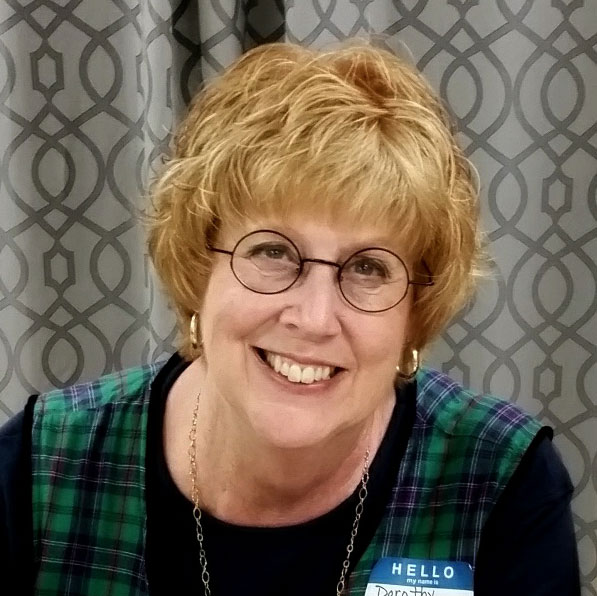Holiday Survival Guide for those Mourning

The “cheerful” days are upon us. November through mid-January are traditional days of celebration for many different countries) cultures and religions. In a matter of 6 weeks we experience Thanksgiving, Chanukah, Christmas, Kwanza, New Years and the Winter Solstice. Each holiday takes on a different but meaningful significance for individuals all over the world. Although the celebrations may seem different with unique traditions and equally unique foods, the one thing that remains uniform throughout these celebrations is the expectation that people will feel happy.
It is for this reason that individuals who are grieving the loss of a loved one feel like “outsiders-Iooking- in”. Experiencing the first holiday without the person you love, can unleash many strong emotions including loneliness, longing, anxiety, anger, envy and guilt for having negative feelings during a time of happiness for others. Grief feelings along the spectrum of the human experience do not change simply because society is in a celebratory mode. Because the grief journey can seem arduous at this time of the year, enclosed is a list of suggestions to assist individuals as they navigate the Holidays.
- Allow yourself to feel any emotion that surfaces. Feelings are not right or wrong, appropriate or inappropriate no matter what holiday is being celebrated. Feel comforted by the fact that feelings flow so what you are feeling in the morning may change in the afternoon.
- Give yourself permission to feel positive emotions as well as emotions that you may define as negative in nature. At times feeling happy and content could feel wrong. Be assured that having pure moments of joy are acceptable to the person you have lost.
- Accept the notion that we were made to have more than one feeling at a time. It is possible to feel lonely that a loved one is not with us at a family celebration and yet at the same time take joy in seeing the delight on a child’s face.
- Let friends and family know before the ‘get-together’ that your heart is still hurting and that it may show on your face at times. Give them permission to feel joy and excitement even if you are feeling sad.
- Don’t be worried about acting rude. When with others you may feel a rush of emotions. It is permissible to leave the room if necessary, to cry, to lean up against a wall or to step outside. Allow the emotion to wash over you. You can decide at any time whether to remain at a function or leave. Ask for the support of another person in the room if you need it.
- Know that it is okay to add a new tradition to your celebration that memorializes your loved one. Some ideas that have helped others include; a special chair with your loved one’s picture on it, a candle ceremony, reading of his/her name along with a poem, a flowering plant as a centerpiece or a donation to your loved one’s special cause.
- Be kind to yourself. It is acceptable to pick and choose the events or gatherings that you want to attend. You are in mourning. Your life has changed. Grieving is a healing process and like all injuries, physical or mental, it takes energy to heal the affected area. Accept that it is okay just to rest and conserve your energy.
- Find a way to give to others during the holiday season. Giving back has a way of helping to reconnect to fellow human beings and to remind us that there continues to be purpose and meaning to life.
As you approach your celebrations this year, know that this first year will feel different than subsequent years to come. Although the loss never really goes away, grief softens, becomes less all-consuming and memories of your loved one will bring less pain and more warmth.
Tags: Loss and the holidays, Surviving the Holidays in grief
ABOUT THE AUTHOR

Dorothy Molczyk
Licensed Mental Health Practitioner
Licensed Alcohol and Drug Counselor- Dorothy Molczyk, LMHP LADC, provides individual, family and group therapy at Wholeness Healing Center. She is experienced in serving children, adolescents and adults. Her areas of specialty include substance abuse/dependency, healing from traumatic events, recovering from loss, and behavior disorders in children and adolescents.
LATEST ARTICLES BY Dorothy Molczyk
Subscribe today
Sign up to receive the latest mental health tips and inspiration